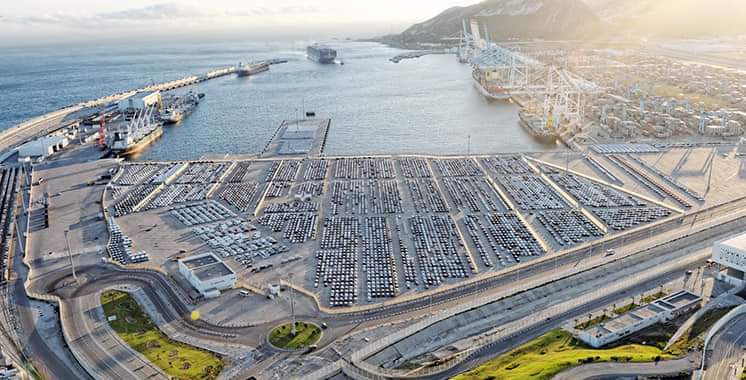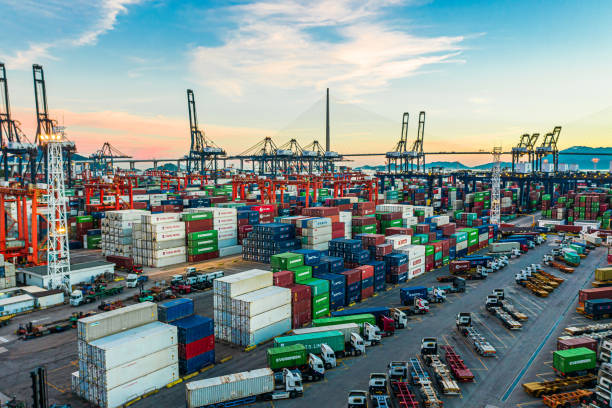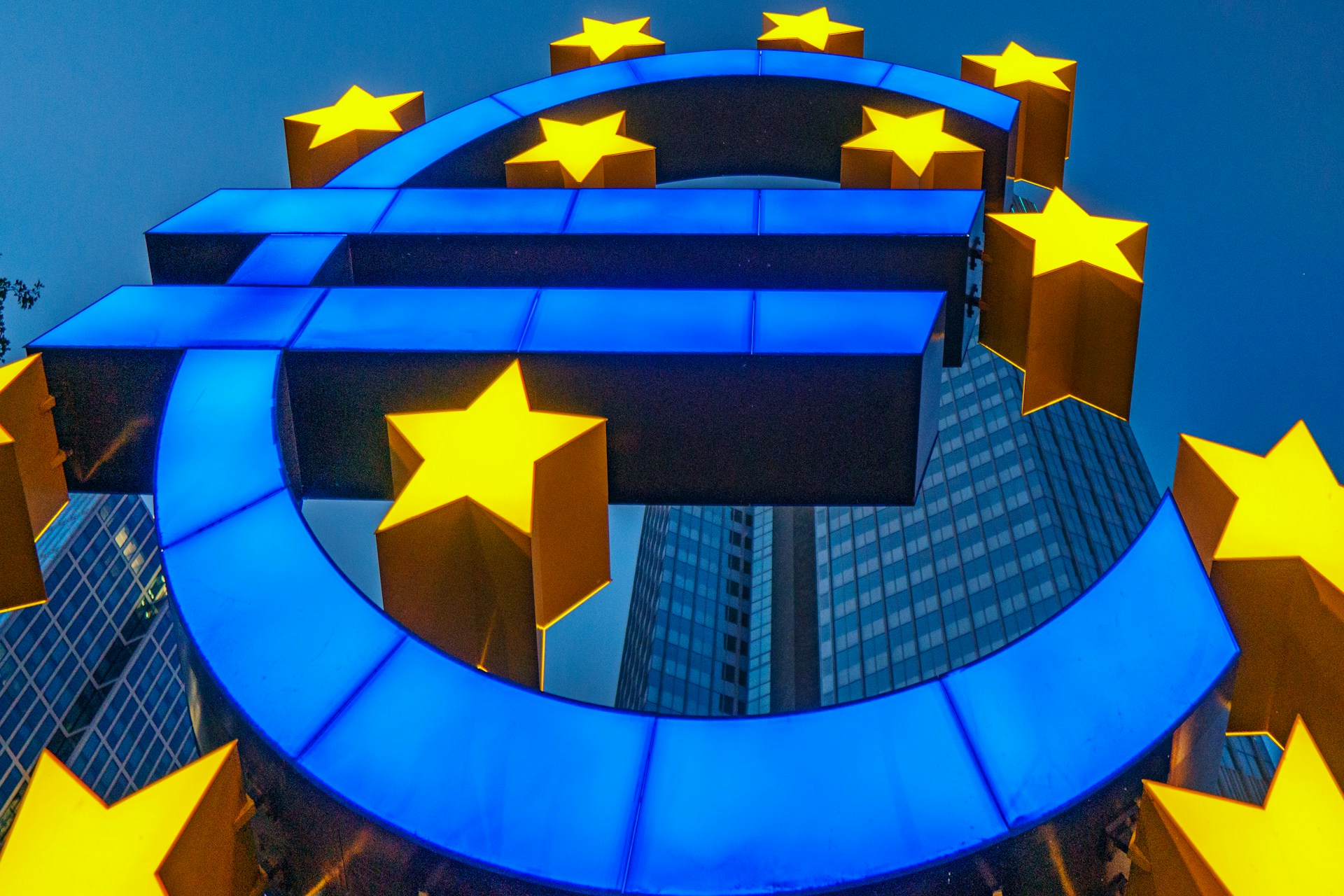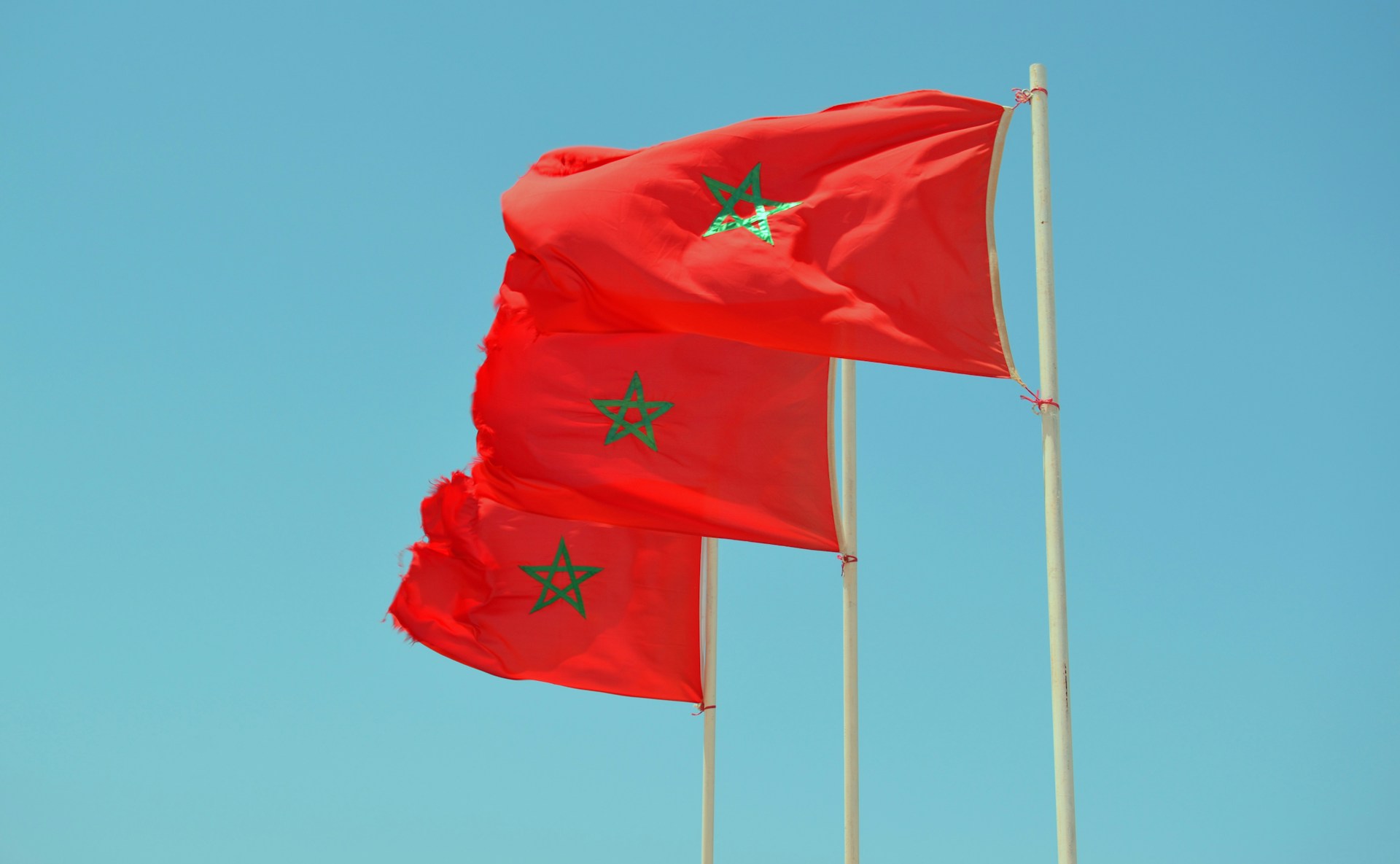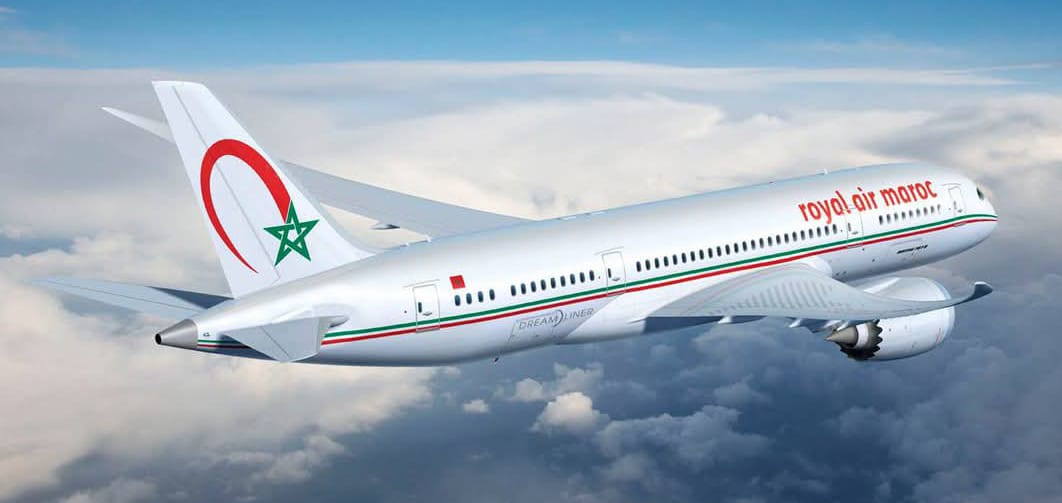Casablanca – Morocco continues to solidify its position as a key economic player in Africa, ranking 6th among the continent’s strongest economies in 2024, according to data from the International Monetary Fund (IMF). This achievement highlights the country’s growing influence, with Morocco also securing 3rd place among Arab nations in Africa, reaffirming its status as an economic hub on the continent.
A steady economic rise
With an estimated Gross Domestic Product (GDP) of $157 billion by the end of 2024, Morocco has successfully entered the ranks of Africa’s top economies. This progress has been driven by a series of strategic reforms and investments aimed at improving the country’s business climate, infrastructure, and overall economic environment. The IMF report places South Africa and Nigeria ahead of Morocco, with the latter expected to achieve a GDP of $401 billion this year. However, Morocco’s steady ascent amidst fierce regional competition demonstrates its resilience and capacity for growth.
A decade of transformation
Morocco’s economic success is no accident. Over the past decade, the country has undergone a significant transformation, implementing wide-ranging reforms that have spurred growth across multiple sectors. Investments in infrastructure, such as the development of major ports and industrial zones, have been critical. Notably, the expansion of the Tanger Med port, now one of the Mediterranean’s largest maritime hubs, has cemented Morocco’s role as a key player in international trade.
These efforts have not only enhanced Morocco’s global competitiveness but also positioned the country as one of the most attractive investment destinations in Africa. Foreign investors have been drawn by Morocco’s modern infrastructure, stable political climate, and consistent economic policies, allowing the country to climb the ladder of Africa’s top-performing economies.
Attracting global investors
The “Where to Invest in Africa 2024” report, compiled by Rand Merchant Bank (RMB) in collaboration with the Gordon Institute of Business Science (GIBS), further emphasizes Morocco’s growing appeal. The report ranks Morocco 5th among Africa’s most attractive economies for investment, marking a one-spot improvement from 2023. This ranking highlights the country’s ability to attract investors from around the world, bolstered by its solid economic foundation and diversified opportunities.
The report describes Morocco as a “promising and highly attractive investment destination,” citing factors such as its robust economic stability, advancements in human and social development, and strategic location near European markets. Morocco’s proximity to Europe has played a key role in facilitating trade and investment, making it an ideal gateway to both African and European markets.
Overcoming economic challenges
While Morocco’s economy faced some challenges in the previous year, including a dip in growth, the country has managed to maintain its appeal to investors. The IMF and RMB reports both point to Morocco’s strategic reforms and its status as a gateway to Africa as factors that ensure the country’s long-term economic stability.
As part of the African Continental Free Trade Area (AfCFTA), Morocco is well-positioned to benefit from the creation of a unified African market, which could further boost trade and investment across the continent. The AfCFTA is expected to enhance the flow of goods and services between African nations, providing Morocco with new opportunities for growth.
A promising future
Morocco’s journey toward becoming one of Africa’s leading economies is far from over. With continued reforms, a focus on innovation, and strategic investments in infrastructure, Morocco is poised for even greater success in the coming years. Its position as a key economic hub, modern infrastructure, and proximity to major markets make it a prime destination for investors looking to tap into the growing opportunities across Africa.
As the African economy continues to diversify and evolve, Morocco’s commitment to economic progress and regional integration ensures that it will remain a vital player in shaping the continent’s future.






